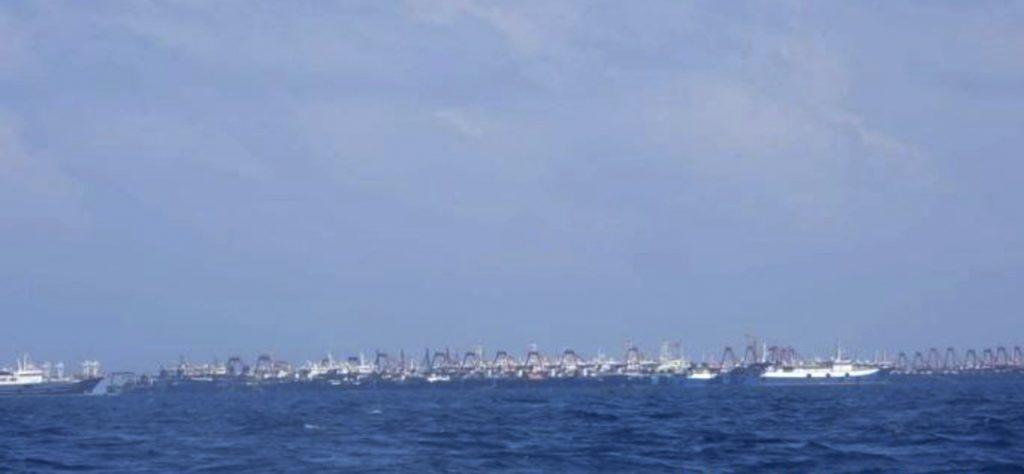German warship heads for South China Sea, raising tension with Beijing
Germany is sailing into choppy seas as China is now Berlin’s most important trading partner.
Just In
Germany on Monday dispatched a warship to the South China Sea for the first time in almost two decades.
By doing so it is joining other Western nations expanding their military presence in the region amid growing alarm over China’s ambitions, Reuters is reporting.
China claims almost all of the South China Sea as its own and has established military outposts on artificial islands it has constructed in waters containing gas fields and rich fishing.
The US Navy, in shows of force against Chinese claims, regularly conducts “freedom of navigation” operations in which their vessels pass close by some of the contested islands.
China in turn strongly objects to the US missions, saying they do not help promote peace or stability.
Officials in Berlin have said the German navy will stick to common trade routes. It is not expected to sail through the Taiwan Strait, another regular US Navy activity condemned by Beijing.
The voyage comes months after the Japanese government called on Germany to send a warship to East Asia, as Tokyo looked to bolster international support for its vision of a free and open Indo-Pacific region, says German news service DW.
The “Bayern” (Bavaria) set sail for its six-month deployment from a naval base in Wilhelmshaven, northwestern Germany, with more than 200 soldiers on board.
As part of the tour, the vessel will dock in the ports of Germany’s allied partners. But it is the decision to sail in the contested waters of the South China Sea that will test Berlin’s delicate relationship with Beijing the most.
Foreign Minister Heiko Maas said the Indo-Pacific region was one part of the world where the international order of the future would be decided and as such, it was important that Germany have a presence in it.
“We aim to be involved and to take responsibility for maintaining the rule-based international order,” Maas said.
Germany is sailing into choppy seas as China has become Berlin’s most important trading partner.
German exports there have helped mitigate the impact of the Covid-19 pandemic on Europe’s biggest economy.
German defence minister Annegret Kramp-Karrenbauer travelled to the port of Wilhelmshaven to see the frigate Bayern off on its seven-month voyage that will take it to Australia, Japan, South Korea and Vietnam.
“We want existing law to be respected, sea routes to be freely navigable, open societies to be protected and trade to follow fair rules,” Kramp-Karrenbauer said.
“For our partners in the Indo-Pacific, it is a reality that sea routes are no longer open and secure, and that claims to territory are being applied by the law of might is right,” she added.
Countries including Britain, France, Japan, Australia and New Zealand have also been expanding their activity in the Pacific to counter China’s influence.
Subscribe to our newsletter
To be updated with all the latest news and analyses daily.
Most Read
No articles found.
